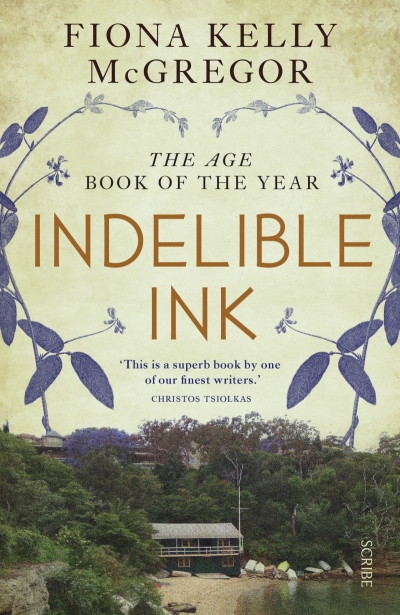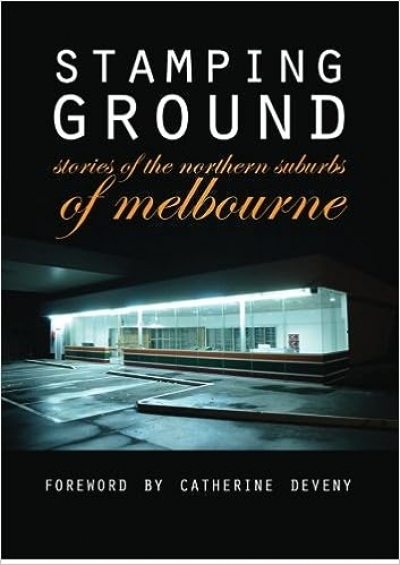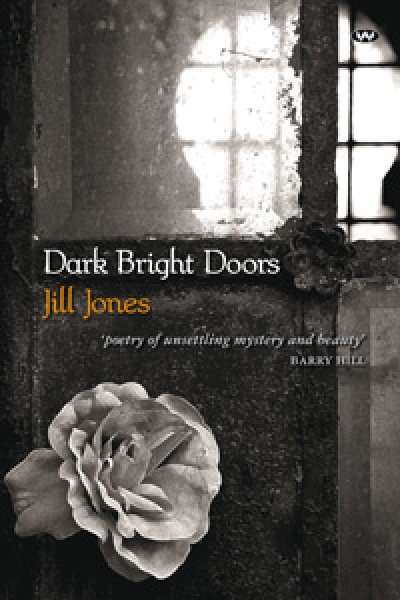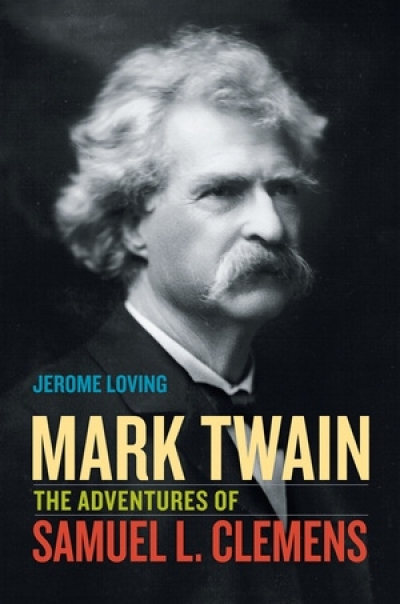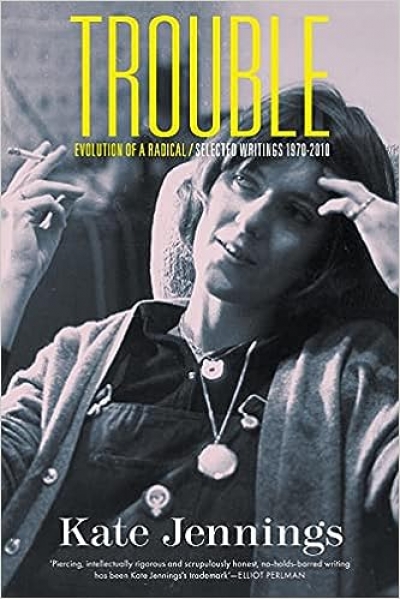Archive
In an essay on the poetry of George Crabbe, Peter Porter wrote, ‘It is a great pleasure to me, a man for the littoral any day, to read Crabbe’s description of the East Anglian coast.’ Happily, there is by now a substantial and various array of writings about Porter’s work, and I would like simply to add that his being, metaphorically, ‘a man for the littor ...
Stamping Ground: Stories Of The Northern Suburbs Of Melbourne edited by Gordon Thompson
An Anthology Of Modern Irish Poetry edited by Wes Davis
Mark Twain: The adventures of Samuel L. Clemens by Jerome Loving
Trouble: Evolution of A Radical / Selected Writings 1970–2010 by Kate Jennings
Son-biography: which are deft or lived things
which have jumped from him without genes.
Passions, eccentricities, duty? I don’t believe
Lamarck, but I left his Quiet for her Talk,
nagging the life out of things, worsened it
word-wise, garrulous, and then heavied it
because Saloms drink, his side, but genes,
though he didn’t, and she offered her whole
life to the sobriety of wives. He voted sober
but gave me his black-sheep toss-the-world
bushiness, which I took as city, and poetry.
He said I was a fraud, which meant I didn’t
Patronage and ABR
Private philanthropy has never been more important for the arts, as costs (and expectations) rise, and as traditional sources of funding and revenue become more unpredictable. ABR has had some success in this regard since entering the field two years ago, but June marks a turning point for us, with the formal launch of our philanthropy program in Melbourne, on 2 June. David Malouf, one of Australia’s most celebrated writers, is our guest speaker. There will be more such events around Australia in coming months.
... (read more)
